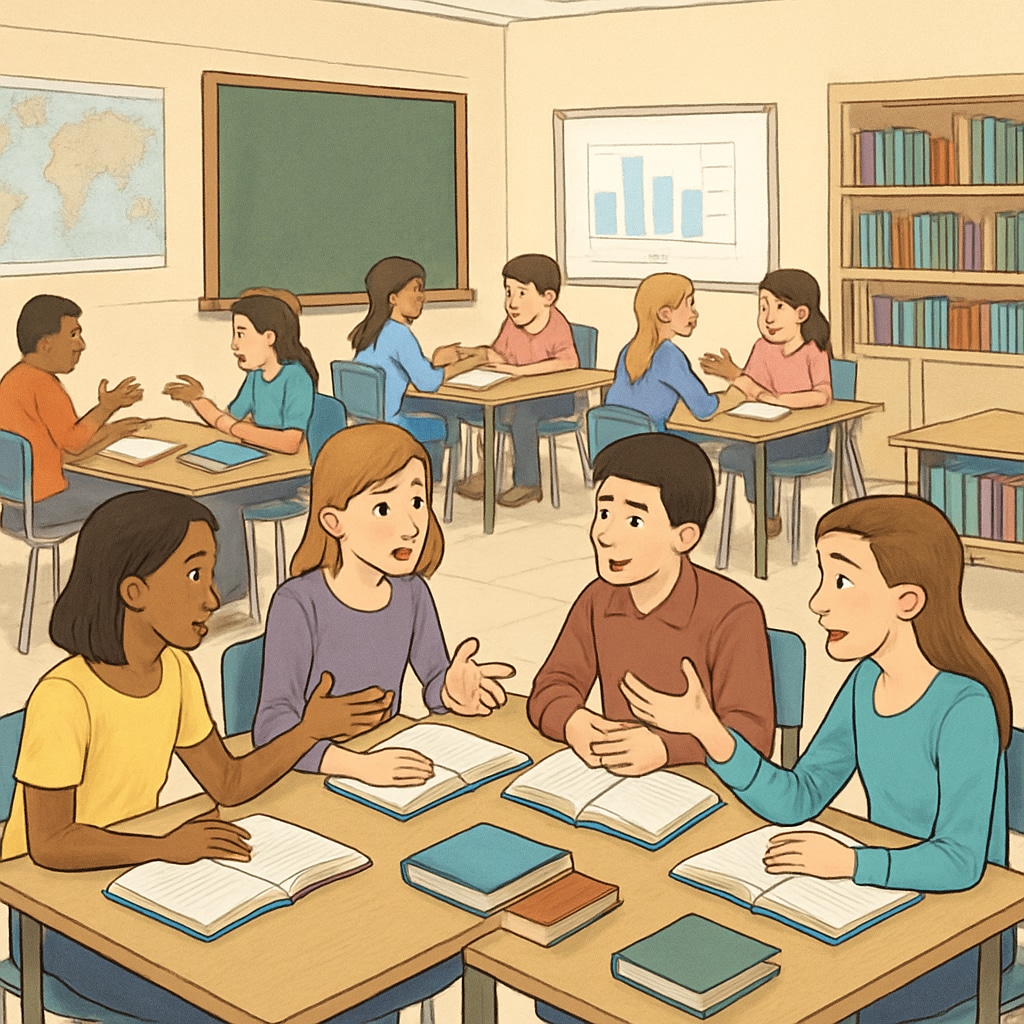Education, critical thinking, and personal growth are interconnected forces that shape individuals in profound ways. Far beyond the scope of knowledge transfer, education serves as a transformative tool for developing personal character, fostering critical thinking, and building diverse perspectives. By examining its influence across these dimensions, we uncover the true power of education in molding minds and morals.
Critical Thinking: The Foundation of Thoughtful Decision-Making
Critical thinking, a cornerstone of comprehensive education, enables individuals to analyze information, evaluate arguments, and form reasoned conclusions. This skill is essential not only for academic success but also for navigating the complexities of life. For instance, an education system that prioritizes critical thinking empowers students to question assumptions, challenge biases, and approach problems with creativity and logic.
Research emphasizes the importance of critical thinking in preparing individuals for professional and personal challenges. According to Critical Thinking on Wikipedia, it fosters intellectual independence and boosts problem-solving capabilities. By nurturing this skill, education equips individuals to adapt and thrive in dynamic environments.

Self-Awareness: Discovering Strengths and Values
Another significant impact of education is its role in enhancing self-awareness. Through exposure to diverse subjects, cultures, and experiences, individuals gain insights into their own values, strengths, and areas for improvement. For example, reflective practices such as journaling or group discussions in educational settings encourage students to explore their identities and aspirations.
Self-awareness contributes to personal growth by helping individuals make informed decisions aligned with their goals. It also fosters empathy, as understanding oneself often leads to a deeper appreciation of others’ perspectives. As noted by Britannica’s Self-Awareness Guide, this trait is crucial for emotional intelligence and interpersonal success.

Perspective Building: Embracing Diversity and Global Understanding
Lastly, education plays a pivotal role in broadening perspectives. By introducing students to diverse ideas, cultures, and worldviews, it fosters a more inclusive and empathetic mindset. Exposure to literature, history, and global issues allows individuals to appreciate the complexity of human experiences and challenges.
Perspective building is particularly vital in today’s interconnected world. For example, studying different political systems or cultural practices in school can help students become more informed global citizens. This aspect of education not only enriches personal growth but also promotes social harmony and collaboration.
As a result, education transcends traditional knowledge transfer and becomes a catalyst for character and thought development. By nurturing critical thinking, enhancing self-awareness, and fostering diverse perspectives, it serves as a powerful force for personal and societal transformation.
Readability guidance: To ensure clarity, the article uses concise paragraphs, incorporates lists to summarize key points, and balances active and passive voice. Transitions like “however,” “in addition,” and “for example” are used to enhance flow.


